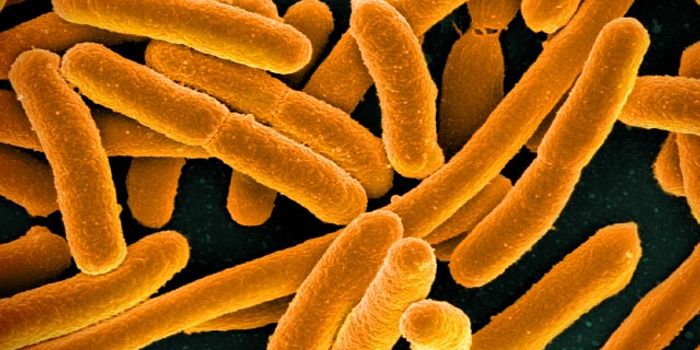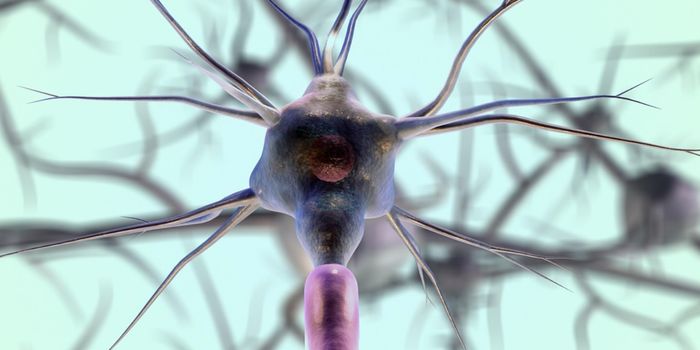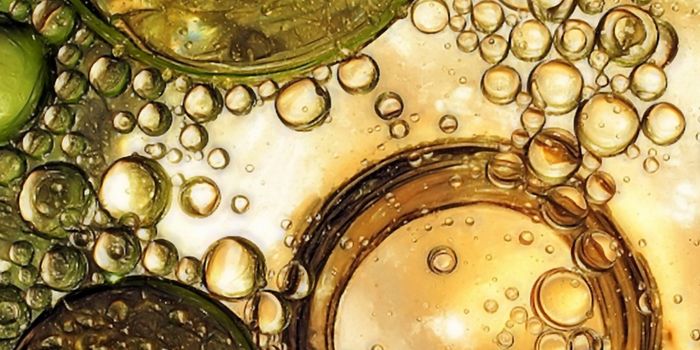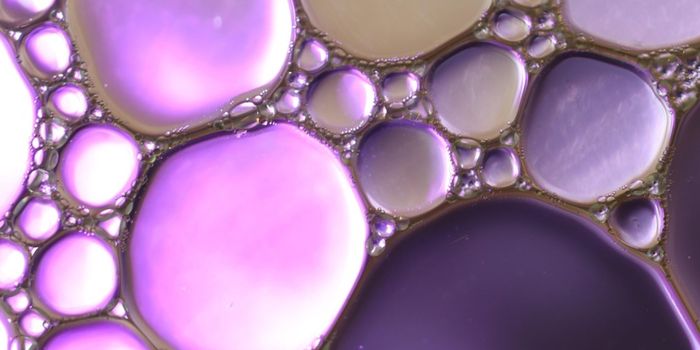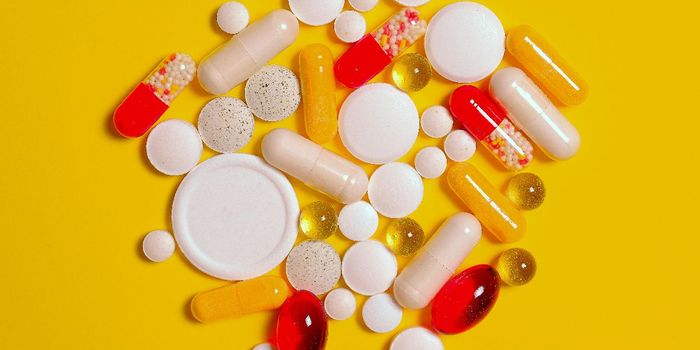A New Class of Bacterial Enzymes is Discovered
We have many things in common with one another, but there are also things about each of us that are unique, like our fingerprints, our genome, and our gut microbiome. We carry trillions of microbes in our digestive tracts, and those microorganisms have a powerful influence on our health. Researchers have also found that they not only help us digest food, they can also metabolize the medicines we take (described in the video below). Some bacteria have been shown to metabolize a Parkinson's drug called L-dopa, interfering with treatment and causing side effects in the process. Now researchers have investigated this phenomenon further.
Reporting in eLife, a team led by microbial chemist Emily Balskus has learned why gut microbes metabolize dopamine, and how they use a newly-identified class of enzymes to do so. These enzymes don't only metabolize L-dopa, either; they also help us digest berries, nuts, and tea, and generate nutrients that are essential to us in the process. Similar enzymes were also found in very different organisms including animals and plants, as well as soil; some of these enzymes can perform interesting functions, like helping industrial waste break down or generating molecules that fight cancer.
"It ended up being a much larger journey," said the first study author and graduate student Vayu Maini Rekdal. "What we study in the human gut is very important for human health and disease and for understanding the interplay between microbes and the human body, but it can also highlight these broader themes that are relevant across ecosystems and across different microbial communities."
The researchers set out to learn why microbes in the human gut digest L-dopa, and used a bacterium called Eggerthella lenta to learn about the relationship between a microbe and the signaling molecule. They found that dopamine can help the microbes grow, because an enzyme made by the microbe can alter a catechol group on the dopamine. The enzyme is an expert at processing dopamine, they found.
"That's a really cool finding because it suggests that this enzyme has evolved for the purpose of metabolizing dopamine," though dopamine is usually associated with the brain, Maini Rekdal said. The researchers looked for other catechol-modifying enzymes. They found one that can metabolize foods like berries, pomegranate, and chocolate, releasing polyphenols, which may help promote good health.
"Maybe one day I drink coffee, and the microbe recognizes a catechol from coffee, turns on the right enzyme, and metabolizes that," Maini Rekdal said. When there's no coffee available, the microbe might use a chocolate enzyme instead, and toss the other one to save energy. "This kind of tuning would allow them to grow on different things depending on what's available."
Enzymes like this were even found in bacteria that dwell in soil, and there the enzymes serve totally different purposes. One can break pollutants down, another generates a molecule that can battle cancer. Many more enzymes were identified in this story, but the researchers aren't sure what purposes they serve yet.
"Our study now sets the stage for further investigations of the chemical mechanisms and biological consequences of catechol dehydroxylation in the human body and beyond," Balskus added.
Sources: Phys.org via Harvard University, eLife


